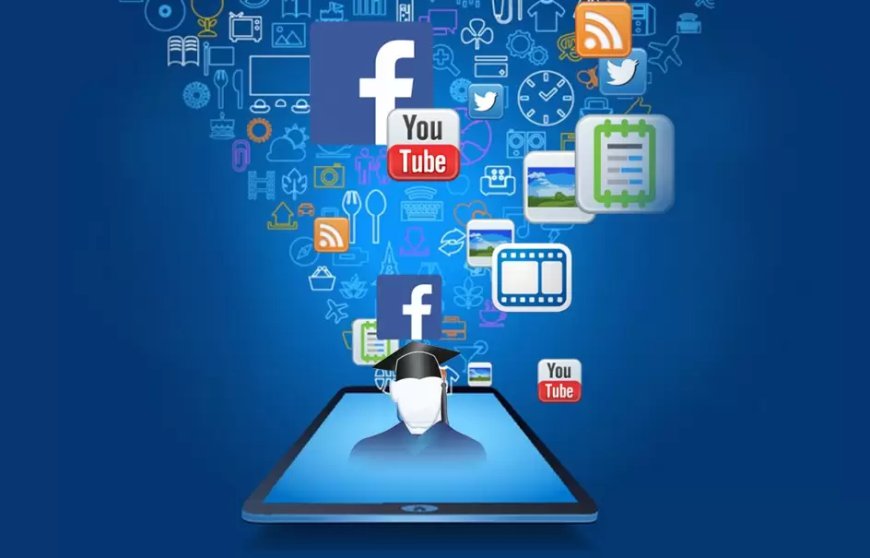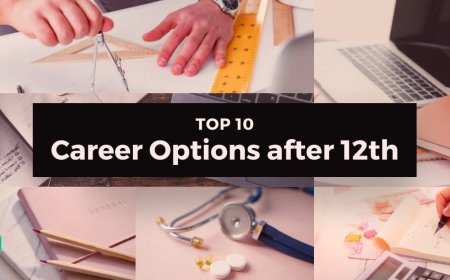Guidelines for Social Media in the Classroom

In today’s digital age, social media has become an essential tool in the education sector.
It offers innovative ways to enhance learning, promote engagement, and foster communication between educators and students. However, to maximize its benefits, it’s crucial to follow best practices. Here are ten key points to ensure effective and responsible use of social media in education.
Establish Clear Guidelines
Setting clear guidelines for social media use helps maintain a respectful and professional online environment. Schools and educators should define acceptable behavior, privacy considerations, and the types of content that can be shared. 
Promote Digital Literacy
Teaching students about digital literacy ensures they understand how to use social media responsibly. This includes evaluating the credibility of sources, recognizing fake news, and understanding the impact of their digital footprint.
Engage with Educational Content
Social media platforms are rich with educational resources. Encourage students to follow reputable educational accounts, participate in online discussions, and share insightful articles and videos.
Foster Collaboration and Communication
Social media can be a powerful tool for collaboration. Use platforms to create group projects, facilitate peer reviews, and encourage discussions beyond the classroom. This fosters a collaborative learning environment.
Enhance Parent-Teacher Communication
Social media can bridge the gap between parents and teachers. Create private groups or pages to share updates, homework assignments, and school events, ensuring parents are actively involved in their child’s education.
Encourage Safe Online Behavior
Emphasize the importance of online safety. Teach students about privacy settings, the dangers of oversharing, and how to handle cyberbullying. Encourage them to report any inappropriate behavior.
Use Multimedia for Engagement
Integrate multimedia content to make learning more engaging. Videos, podcasts, and infographics can simplify complex topics and cater to different learning styles, making the educational experience more dynamic.
Support Professional Development
Educators can use social media for their own professional development. Join online communities, attend webinars, and follow thought leaders to stay updated on the latest educational trends and practices.
Monitor and Evaluate
Regularly monitor the use of social media in the educational context. Evaluate its effectiveness in achieving learning objectives and gather feedback from students to make necessary adjustments.
Respect Copyright and Intellectual Property
Remind students and educators to respect copyright laws and intellectual property. Encourage the use of original content and proper citation of sources to promote academic integrity. By following these best practices, educators can harness the power of social media to create a more interactive, collaborative, and enriching educational experience. This balanced approach ensures that both students and teachers can benefit from the vast potential of social media while maintaining a safe and productive online environment. Follows Us for More Updates Like Us on Facebook Page : Click Here Like Us on Instagram : Click Here




























